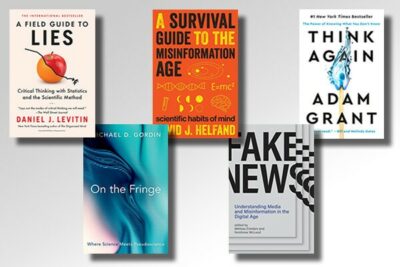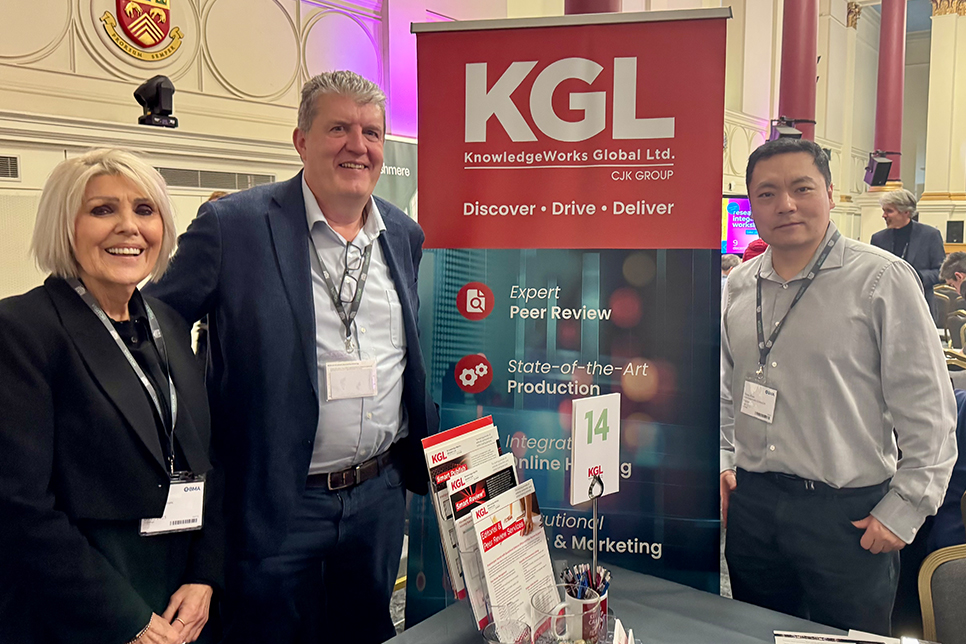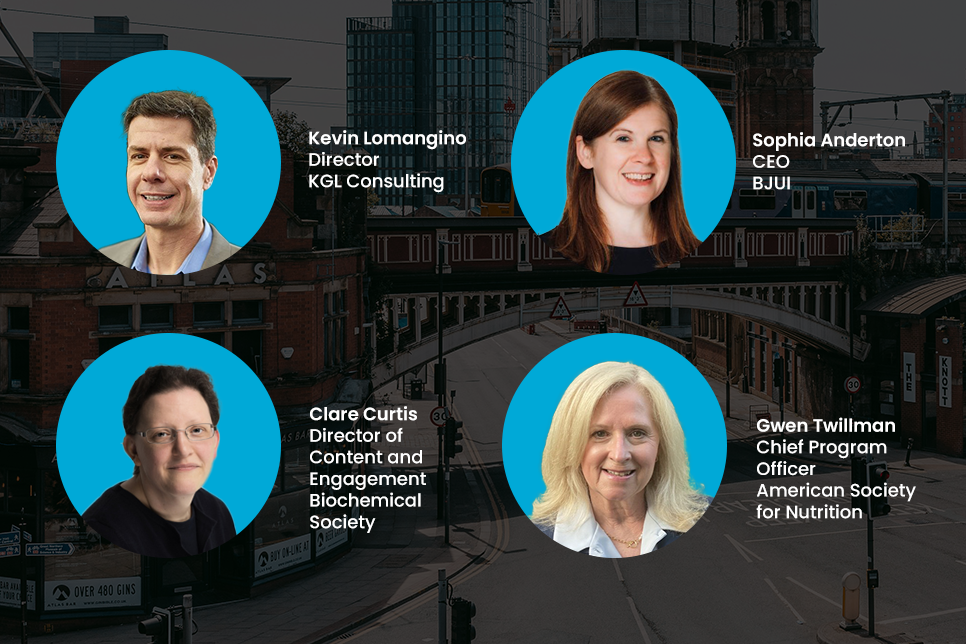by KnowledgeWorks Global Ltd.
Much has been written in the past year about the phenomenon of fake news and falsified research infiltrating the mainstream and muddying important issues from vaccine effectiveness to voting irregularities to basic trust in science—including advice from the Washington Post just this week. In our sector, there have been attempts to trace the history and help the scholarly community come to grips with the rise in junk science. We at KGL have blogged recently how publishers can rely on industry partners, whether by helping manage the peer review process or streamlining production, to both publish critical research faster in a time of need while maintaining faith in the process.
For clearer understanding of the overall problem, we decided to dig deeper into the literature to uncover several works that can help discern what information can be trusted. Here are five books—from recent backlist to new releases, trade to academic—that can help both content providers and the public at large to be more savvy reporters and consumers of knowledge.
A Field Guide to Lies: Critical Thinking with Statistics and the Scientific Method
by Daniel Levitin (Penguin Random House)
Each day our brains are bombarded by more information than they can process, according to neuroscientist Daniel Levitin. In this book, Levitin divides information into two categories—statistical information and faulty arguments—showing how science is the bedrock of critical thinking. In order to be infoliterate, Levitin suggests readers make themselves more aware of the hierarchy of information sources and potential bias, apply critical thinking to all information they encounter, and check the plausibility and reasoning of arguments rather than simply accepting information and repeating it. [read more]
A Survival Guide to the Misinformation Age: Scientific Habits of Mind
by David Helfand (Columbia University Press)
David Helfand, a leading astronomer and science educator, suggests in this book that, in order to make wise decisions about everything from our personal finances to our politics, we must not rely on search engines or personal anecdotes but, instead, we must cultivate scientific habits of the mind. Helfand notes, “science has developed a set of tools…to provide a rational basis for decisions that are in touch with the physical reality of the universe.” Though technology has spawned a deluge of misinformation that masquerades as science, Helfand’s book helps readers cultivate those scientific habits that allow them to see information for its limits, biases, and misrepresentation. [read more]

Fake News: Understanding Media and Misinformation in the Digital Age
Edited by Melissa Zimdars and Kembrew McLeod (MIT Press)
When we think of fake news, we often think of political groups spreading misinformation to further a cause, but fake news can also include satirical publications like The Onion and The Borowitz Report, and catchphrases used by politicians or celebrities to deny news they don’t like. In this book, contributors look not only at the news but also the ways this information is disseminated (social media, Reddit), the psychology behind making sense of information, and ways to stop the spread. [read more]
On the Fringe: Where Science Meets Pseudoscience
by Michael Gordin (Oxford University Press)
There is no simple criterion to differentiate science from pseudoscience and, oftentimes, those who are espousing pseudoscience do not even realize that they are doing it. From climate-change denying to anti-vaccination movements, defenders of those positions often have research to back up their claims. In this book, Gordin states there is a clear need to better understand issues of scientific demarcation and explores the philosophical and historical attempts to address this problem. Gordin argues that by understanding doctrines that are often seen as antithetical to science, we can learn a great deal about how science operated in the past, how it does today, and how to know when science is outdated. [read more]
Think Again: The Power of Knowing What You Don’t Know
by Adam Grant (Penguin Random House)
One of the greatest challenges that we see today is not in thinking and learning, but in being open to rethinking and unlearning. Oftentimes, we seek information and conversations that support our own thoughts and opinions and shy away from those who seek to challenge those beliefs. As organizational psychologist Adam Grant illustrates in this book, doing that makes our beliefs rigid and brittle. Instead, Grant shows how we can embrace the joy of being wrong, let go of views that are no longer serving us well, and prize mental flexibility over foolish consistency. [read more]
KnowledgeWorks Global Ltd. (KGL) is the industry leader in editorial, production, online hosting, and transformative services for every stage of the content lifecycle. We are your source for peer review management, intelligent automation, high-speed publishing, and more. Email us at info@kwglobal.com.





